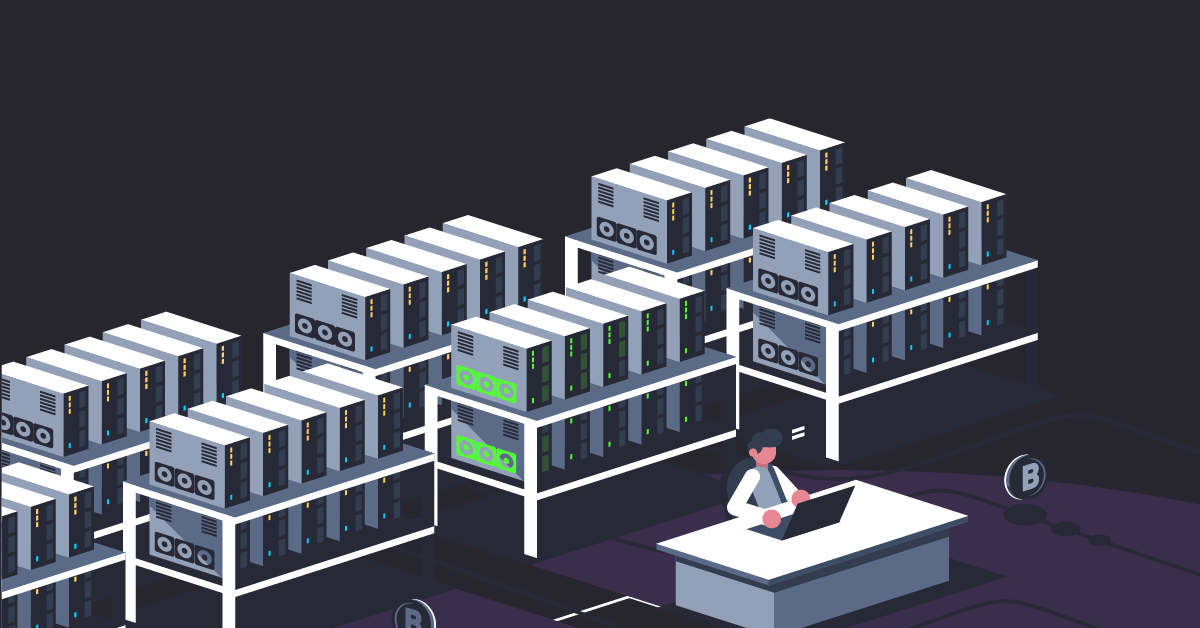


Why The Crypto Revolution Will Not Be Public?
- By Kriss
- Published on: August 5, 2021
Finance is on the verge of a revolution, and the world is only now waking up to the potential for change. To stay afloat, financial institutions will have to adopt a completely new approach to information technology.
Bullish Global, a cryptocurrency company, plans to go public this year with a $9 billion value. Stablecoin’s creator, Circle Internet Financial Inc., is also planning to go public, as is cryptocurrency platform Bakkt Holdings. Financial markets are tough to anticipate, but 12 years after Bitcoin‘s inception, it’s difficult to argue that this is all a bubble.
Ask yourself a simple question to figure out why. Why can’t financial transactions and payments be as simple as writing an email? Anyone who grew up with video games and texting undoubtedly believes that administering a financial system should be just as seamless and inexpensive, especially if a mature central bank digital currency exists. There’s no reason money couldn’t be exchanged with a simple exchange of information.
Because of the massive sums of money at stake, additional degrees of protection would be required than with email. However, a combination of biometrics, multi-factor authentication, and hardware security (more than a password) should suffice. Once in place, these measures should not be prohibitively expensive.
One idea is that these systems will be administered by governments and central banks, making governments and central banks significantly more important in finance. Many institutions would no longer require private banks to have access to the payments system, and hence the function of private banks would be reduced. As a result, the central bank would have additional funds to deploy, and it would very certainly have considerable discretion over those funds.
If the government’s role is expanded while private banks suffer, big challenges will arise, which the American political system isn’t always effective at resolving. The Federal Reserve of the United States has stated that it will not develop a digital currency without congressional approval, although Congress is renowned for being slow or even unable to act, particularly on topics concerning the government’s role in the economy.
And these squabbles aren’t just partisan in nature. Can we be so sure that a central bank digital currency would be hack-proof and well-functioning from the outset, given the government’s track record with technology — remember the bungled introduction of the Obamacare website?
Fed Governor Randal Quarles argued last month in a wonderfully honest yet radical speech about stablecoins that current payment systems already integrate a considerable lot of information technology — and that they are rapidly improving. The conclusion is that a CBDC, or central bank digital currency, is a problem in search of a solution.
Quarles also stated that the Fed will allow stablecoins, similar to how central banking has coexisted and even prospered with a variety of other private-sector innovations. Stablecoins can be used as a private-sector test to evaluate if individuals and organizations are actually interested in a radically different payment system, one based on crypto and blockchains in this scenario. If they do, the system can adapt by shifting some transactions to stablecoin, but not all.
There is no need for a “do or die” transition date that necessitates a fully functional CBDC. However, market participants will continue to use stablecoins more if they can achieve the relatively simple methods of funds transfer indicated above.
For many observers, merely hearing about financial innovation evokes concerns about systemic danger. However, it is possible that the United States might be better off allowing information technology to flourish rather than attempting to shut it down. Is it really so important for you to see foreign central bank digital currencies fill this space if you’re worried of instability?
If you’re still not convinced, consider the following two questions. First, has the private sector or the public sector been more inventive on these issues? Second, what are the chances that Congress will take any meaningful action at all?
In today’s environment, radical monetary ideas are manufactured and eaten in the same way as potato chips are. Pass the bag, I say.
- Share via

Kiara Sofia Smith
My current focus is blockchain technology and cryptocurrency. One could even call me a blockchain “enthusiast.” I have worked for almost a decade on several financial projects related to the stock market news, fundamental research and technical analysis for several blogs.
Recent Posts


Bitcoin Consumes More Energy Than a Lot of Countries. Why Is That Possible?

Why There Might Be a Correlation Between U.S. Covid Cases and Crypto Prices
About Us
We are friendly cryptocurrency community and our mission is to give the latest info access to the people.



